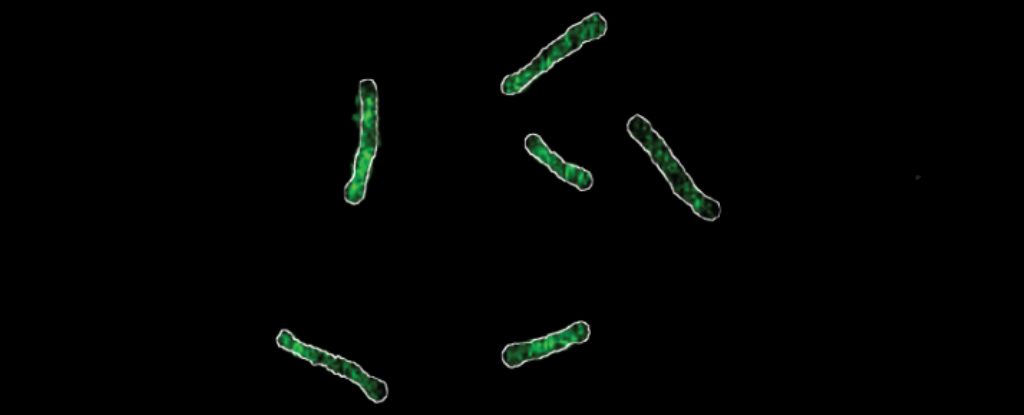Ongoing US Food and Drug Administration (FDA) testing of a ‘microdose’ psychedelic candy linked to dozens of illnesses across 20 states has identified several of the product’s compounds as possible causes of the symptoms.
While none of the listed chemicals conclusively solve the medical mystery, the results reflect the poor state of regulation of a market responding to a rapidly growing interest in psychedelics for health and recreation.
Earlier this month, the FDA in collaboration with America’s Poison Centers announced its investigation of eight reported illnesses linked with the consumption of Diamond Shruumz-brand Microdosing Chocolate Bars.
As of this week, that number stands at 39, with symptoms ranging from abnormal heart rates, hyper/hypotension, nausea, and vomiting to seizures, confusion, and even loss of consciousness. In 23 of the cases, health concerns were serious enough to warrant hospitalization.
Numerous state authorities have issued statements urging retailers to refrain from selling or distributing Diamond Shruumz products, and residents who have any in their possession to hold them until the FDA provides instructions on their return or responsible disposal.
“As people in multiple states have become ill with a variety of severe symptoms after eating these products, we are advising Granite Staters to avoid consuming them,” says New Hampshire Division of Public Health Services director, Iain Watt.
“We will continue to monitor information from our federal partners about this ongoing investigation.”
In spite of companies like Diamond Shruumz marketing their edible products as ‘microdosing’ candies, none of the claimed active psychedelic agents or indeed other ingredients are provided to the consumer.
It’s taken an FDA analysis of two individual samples to reveal Diamond Shruumz ‘Birthday Cake’ chocolate bar contains the compound 4-acetoxy-N,N-dimethyltryptamine (4-acetoxy-DMT, also known as O-acetylpsilocin or psilacetin), while their dark chocolate bar contains psilacetin along with three compounds consistent with the botanical kava, desmethoxyyangonin, dihydrokavain, and kavain.
Whether all similar products contain the same ingredients in the same concentrations is impossible to say without further testing.
Psilacetin is a semi-synthetic compound that, like the ‘magic mushroom‘ chemical psilocybin, is broken down in the body to produce the psychoactive chemical psilocin. Because of this shared pathway, psilacetin is a similarly effective (if potentially stronger) alternative with fewer side effects.
Without sufficient clinical research, little is known about the health effects of the substance, leaving open the question of whether this, or other ingredients in the products, may be responsible for the illnesses.
Discovering chemicals consistent with additives from kava (Piper methysticum) has prompted the US Centers for Disease Control and Prevention (CDC) to issue a statement warning of the potential clinical effects of ingesting the plant.
“Ingestion of kava can cause numbness of the mouth and skin, loss of coordination, dizziness, and sedation,” the CDC report says.
“Ingestion of kava with other substances known to cause sedation, such as benzodiazepines or alcohol, can worsen sedation. Kava can also cause gastrointestinal effects such as nausea and vomiting.”
Clinical interest in psychoactive pharmaceuticals for therapeutic use has boomed in recent years, coinciding with a renewed surge in taking drugs like LSD and magic mushrooms for recreational purposes.
It’s estimated that 8 million American adults took psilocybin last year, with a survey finding more than one in ten have taken the drug some time in their life.
Around the world, unregulated production of psychoactive consumables is an emerging issue. Since April this year, five people in the Australian state of New South Wales have been treated after ingesting ‘mushroom’ gummies.
“We need to ensure that the public understands the difference between these products and registered medicines prescribed by a health professional,” advises University of Sydney psychologist Jack Wilson, a researcher at The Matilda Centre for Research in Mental Health and Substance Use.
“Not only in terms of their efficacy, but their risk of harms.”





